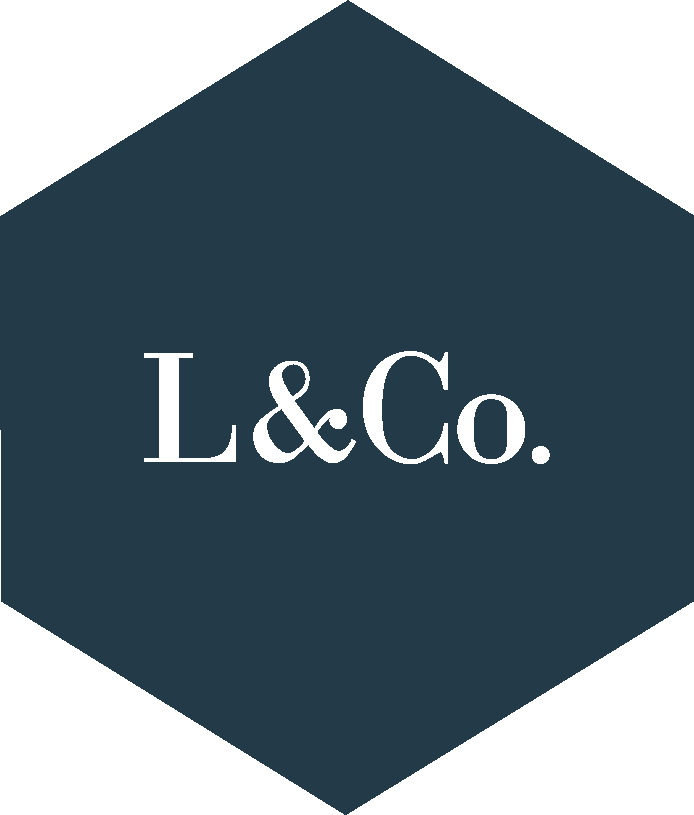Meghan and Harry’s announcement that they “intend to step back as ‘senior’ members of the Royal Family” has been a manifestly attention grabbing event, and opinions on the matter are very easily forthcoming to say the least. However it has caught our eye because it raises relevant questions about employers’ liability for workplace bullying, particularly when the employees are also family.
Workplace bullying is defined as repeated, unreasonable behaviour directed at an employee or group of employees that creates a risk to health and safety. It is not reasonable management action, which is reasonable communication delivered in a reasonable manner. For example, screaming at and verbally abusing an employee for failing to finish something on time is an example of a request that while being reasonable in itself, is not delivered in a reasonable way. If this happened more than once, it would be repeated, and amount to workplace bullying. Examples of effects of workplace bullying that creates risks to health and safety include: anxiety, panic attacks, headaches, PTSD, and (tragically) increased risk of suicide.
Under the Occupational Health and Safety Act 2004 (Vic) (the Act), employers are required to eliminate risks to health and safety so far as reasonably practicable. The fact that a victim of workplace bullying is a family member is irrelevant: it does not absolve you, as the employer, of your liability under the Act.
Now clearly, the Queen isn’t liable under Victorian legislation (although under s 59 of the Australian Constitution she still technically does have the right to disallow Australian laws she does not like within a year of them passing) but it is an interesting exercise to establish what her liability for the relentless bullying by the British media of Meghan (in particular) and Harry might be if she, as an employer, was covered by the Act.
Now, an employer’s liability is mitigated by an important condition, in that they must eliminate risks to health and safety, so far as reasonably practical. And you might say that as powerful as the Queen is, she cannot control what the free press publishes. But we might ask, what steps has she taken? Yes, the couple receive security to ensure their physical safety, but what steps have been taken to ensure their psychological safety? Does she, behind the scenes, make sure that the couple are supported via counselling, or does she leave them to their own devices, the expectation being that this is their job now, and they should simply get on with it? If the latter, then we would argue that the Royal Family, as an institution and employer, has not taken reasonably practical steps to eliminate risks to health and safety.
The strength in this instance is being demonstrated by the victims. They are courageous enough to know their worth and that they can survive in the outside world. And is it any surprise that they want to, after the horrific bullying they have endured?
As workplace investigators, we relish in working for organisations that genuinely have a desire to take action when allegations of bullying are made out; as opposed to organisations that view victims who speak out as ‘troublemakers’, ‘tricky’ or ‘sensitive.’ Organisations that act to a) ensure the safety of the workplace, and b) establish and protect a culture of respect and dignity, are the ones most likely to enjoy higher productivity rates, less employee turnover, less reputational damage, and therefore incur far less costs in the long run.
Moral of the story: Action can and should be taken in accordance with your non-delegable duty to ensure the safety of the workplace. This duty is not affected by whether you are related to the relevant parties. If you are an employer witnessing ongoing workplace bullying, don’t stand idly by, for at the very minimum you risk losing valuable assets to your team and potentially exposes you to liability under the Act.

